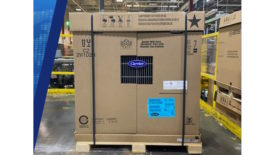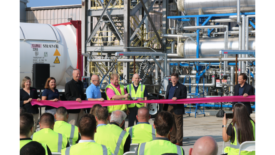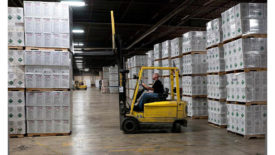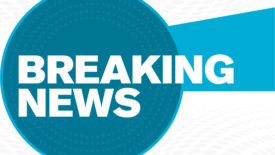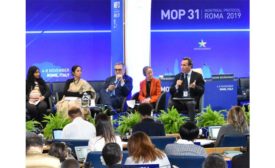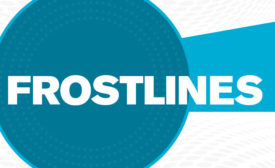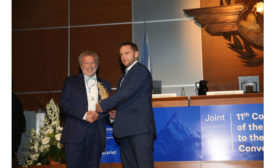Home » Keywords: » Montreal Protocol
Items Tagged with 'Montreal Protocol'
ARTICLES
Carrier Participates in United Nations Meeting of the Montréal Protocol
Highlights Societal and Environmental Benefits of the Sustainable Cold Chain
November 14, 2019
ASHRAE Earns UN Award for Advancing Montreal Protocol
Partnership Award recognizes society’s work to phase out ozone-depleting substances
January 3, 2018
Copyright ©2024. All Rights Reserved BNP Media.
Design, CMS, Hosting & Web Development :: ePublishing
